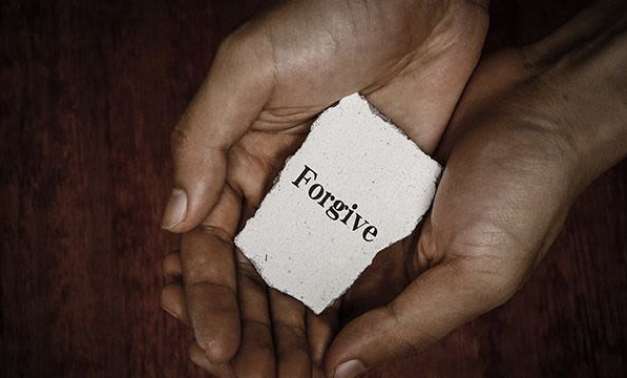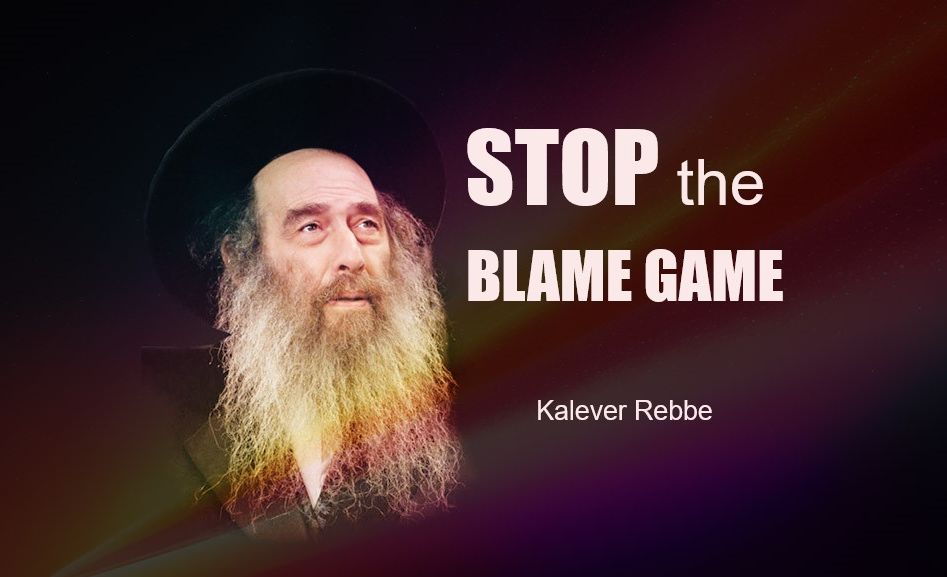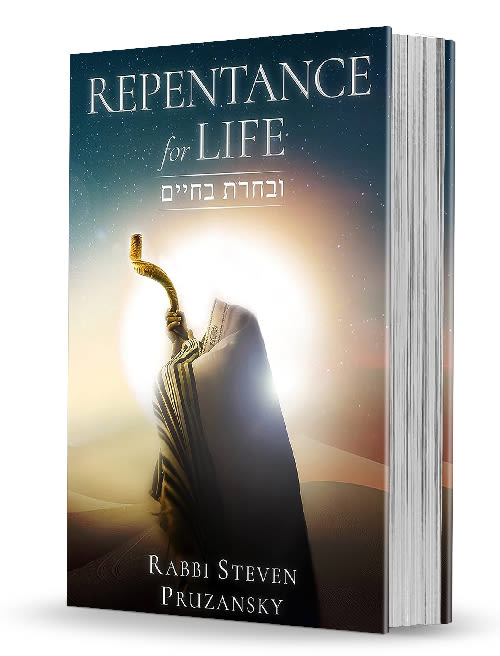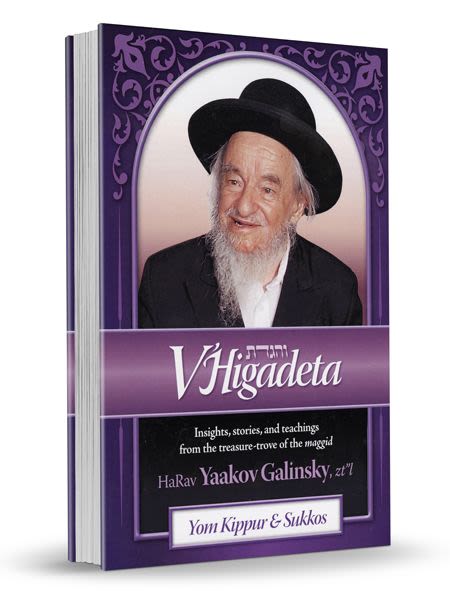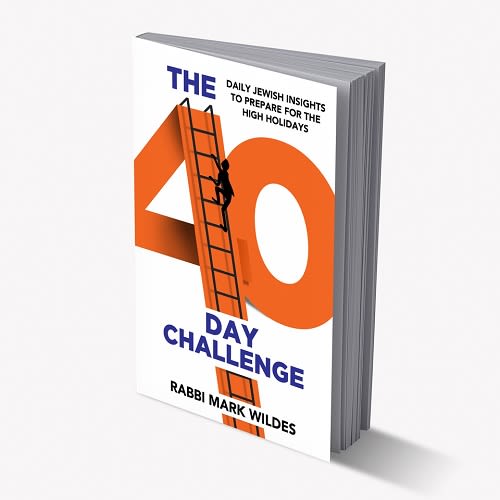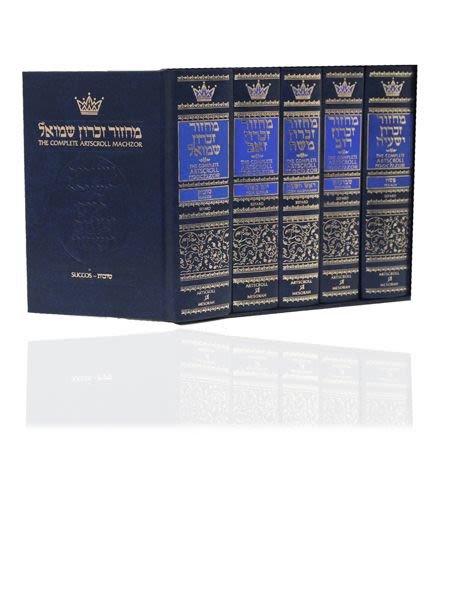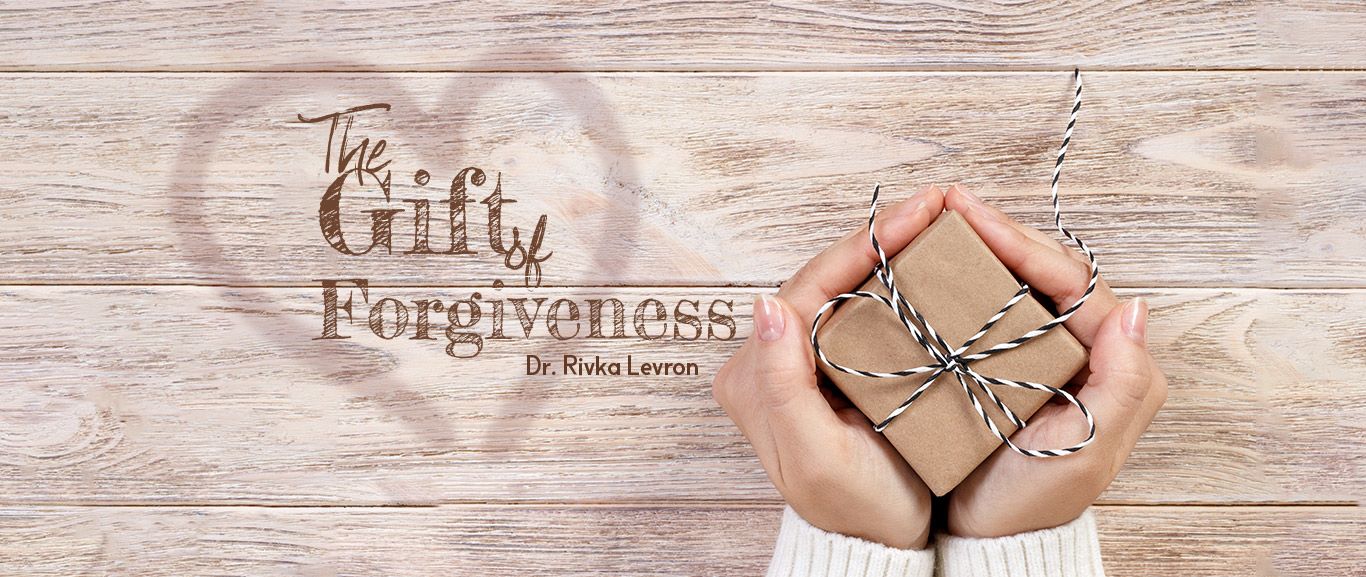
The Gift of Forgiveness
I began to realize that my mind was crowded with hurtful memories of past events. And these emotional items accumulated and filled more and more corners of my brain. I decided to give myself a GIFT...

I never understood how they did it. My most productive professors, a husband and wife team who have published hundreds of scientific articles, had the cleanest office I’ve ever seen. Not a wayward page or speck of dust on either desk. A neat row of pens and pencils, but no stacks of papers or other distracting piles. They filed anything unneeded in the circular file, otherwise known as the garbage can. Very quickly.
Many years later, I’m starting to get a clue: clutter impedes success; lack of clutter allows one to be productive. This may seem self-evident, but practical application is easier realized than carried out. Consider how difficult it can be to navigate in a house where people have lived for dozens of years, with all the accumulated accessories, dust and useless items. Where does one even start to clean? This, compared to the ease of passing through a freshly-painted, empty new home – nothing to bump into or trip 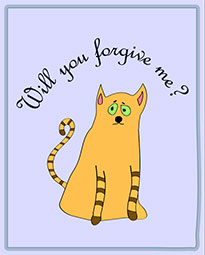 over, open and airy. The echo of new, empty apartments I know from experience, having moved many times during my long years of schooling. I don’t have a lot of physical baggage.
over, open and airy. The echo of new, empty apartments I know from experience, having moved many times during my long years of schooling. I don’t have a lot of physical baggage.
On the contrary, ever so slowly over those same long years, I found that harmful clutter could be not only physical, but also – even primarily – emotional. I began to realize that my mind was becoming crowded with painful and hurtful memories of past events. And these emotional items did not automatically get cleaned out or thrown away every time I moved. They just accumulated and filled up more and more corners of my brain. In fact, some mushroomed into gigantic monsters. At times, they took up almost all the space and left me with no energy to be productive. They clearly did me no good, so why not get rid of them? As with physical junk, easier said than done. Those purposeless, hurtful thoughts continued to swirl around in my head, not always at the forefront, but enough of a presence to take up a lot of area needed for much more important things. And what heaviness contained in such thoughts. They carry a lot of emotional weight that could be better used for other purposes. A friend once chided me: “That person is not paying rent in your brain, so why do you let him live there?”
During a recent course on Jewish positive thinking, we learned that forgiveness is a gift to ourselves. I remembered two women who had harmed me on separate occasions in the past. I knew they were wonderful people and I really wanted to forgive and be on good terms with them. Every year before Yom Kippur I would think about them and wonder if they knew how hurt I felt. Determined to give myself the gift of forgiveness, I emailed each of them to clarify my feelings and to let them know that I forgave them wholeheartedly. It was amazing! Both of them were glad I contacted them. One did not remember me at all and was very glad to forgive and be forgiven. The other was also clueless as to my hurt and grateful that I contacted her. We reset the relationship. In the process, I realized that I also needed to ask forgiveness. What a relief! Gone are those lurking, cobweb-covered, dagger apparitions from the past that would occasionally flit into my consciousness. I actually felt a few pounds lighter immediately afterward – what a great way to lose weight and feel better. Because emotional baggage weighs a ton; despite being invisible, it can be a lot heavier and more influential than physical possessions.
Speaking of which, now that I feel so light from getting rid of just those two ghosts, what would happen if I got rid of all the others?



